Greenland and Denmark: Colonial wounds or strategic partnership?
Statements about racism and historical conflicts, like the spiral case, reignite the debate about Denmark’s Kingdom. Who benefits from this partnership, and can mutual respect shape the future?
On September 1, 2023, a highly qualified Danish diplomat was set to assume the role of Denmark’s new Arctic ambassador.
With a background as a former ambassador to South Africa, legal advisor to the Ministry of Foreign Affairs, and a law degree from the University of Copenhagen supplemented by an MA in International Relations from the University of Exeter in England, he seemed like the ideal candidate.
Now, a year and a half later, he has taken on a new job. He never started his role in Greenland because the Greenlandic government strongly objected to the position being filled by a Dane.
Had a Greenlander been rejected for a position in Denmark on the grounds that they were not Danish, the case would almost certainly have ended up in the European Court of Human Rights.
So why is no one addressing how problematic such attitudes are in a democratic society?
With his now nearly world-famous lightning visit to Greenland, the son of the incoming U.S. president is spreading the narrative that Denmark is behaving in a racist manner toward Greenlanders. "The people of Greenland are treated as second- and third-class citizens by Denmark," he said to Fox News.
In the interview, references are made to quotes from a few "young people" in Greenland, vividly illustrated with a small group of Greenlanders standing in line for red MAGA hats. A rather sad and overly generalized portrayal of the average Greenlander.
Such caricatures are both undignified and misleading. Greenlanders are neither second- nor third-class citizens.
That said, studies have documented that Greenlanders in Denmark experience discrimination and racism. Many Greenlanders face prejudice and negative differential treatment when interacting with Danish authorities, in the labor market, and in the education system. (Source: Report from the Danish Institute for Human Rights)
A UN Special Rapporteur has also criticized Denmark's treatment of Greenlanders, highlighting that they are subjected to structural racism and discrimination in public services. (Source: FN-Forbundet).
There is, however, limited research on how Danes are treated in Greenland, apart from debates on whether Danish-speaking Greenlanders experience discrimination in Greenland.
A shared yet complex history
It is important to note that the relationship between Denmark and Greenland is complex, shaped by a shared history and cultural differences.
Unlike many European nations that colonized territories through violence, oppression, and mass killings, Denmark's colonization of Greenland occurred primarily through cultural and religious influence. Missionary Hans Egede arrived in 1721 with the aim of converting Greenlanders to Christianity and establishing Danish presence.
(Source: The History of Denmark website)
Although this process was marked by power imbalances and forced cultural assimilation, it was not accompanied by military invasions or genocide, as seen in other colonies, such as those in Africa, the Americas, and Asia.
The burden of historical wrongs
One of the prominent issues in Greenland’s narrative about Denmark is the historical abuses, such as the "spiral case," where approximately 4,500 Greenlandic women were subjected to forced sterilizations in the 1970s.
Denmark has since apologized, and discussions about compensation are ongoing. It is essential to understand that such actions were not unique to Greenland but reflected the era's eugenic ideologies, which were prevalent across the world.
In many countries, including Denmark, the United States, Sweden, and Germany, eugenics was used as justification for forced sterilizations. Between 1929 and 1967, around 13,000 people were sterilized in Denmark, including women from the Sprogø Women’s Institution. Similarly, in Nazi Germany, over 400,000 people were forcibly sterilized under comparable policies.
Moving Forward
While such abuses were common in the mid-20th century, it remains crucial to confront this past and learn from it.
When will the time be ripe for Greenland and Denmark to find a way forward where historical injustices are no longer wielded as weapons but serve as opportunities for dialogue and reconciliation?
The Danish billions
The billions Denmark invests in Greenland are often seen as an economic burden. But if Greenland’s connection to Denmark is so costly, as some Danes might argue, why does Denmark hold on to it?
Are these billions not, in fact, an investment in Denmark’s global relevance?
Shouldn’t Danes start recognizing Greenland as a strategic partner rather than a recipient of charity?
Currently, Greenland has not taken over responsibilities for key areas such as police, family law, prisons, defense, or foreign policy. An expense of approximately 1.5 billion DKK annually, in addition to the yearly block grant of 4.1 billion DKK.
Greenland, therefore, costs Denmark what amounts to about two public holidays annually, in addition to Greenlanders’ preferential access to Danish education, healthcare, and social services. Yet, when Denmark fulfills its obligations toward Greenland, it is occasionally accused of exercising colonial dominance.
This obligation, however, is reciprocal - Denmark’s financial support of Greenland justifies an expectation of cooperation. Greenland enjoys privileges that are not always matched by equivalent responsibilities toward Denmark. But this relationship is fraught with historical tensions and mistrust, rarely addressed openly.
Where is the line between solidarity and dependence?
When will the parties be ready to move beyond their historical roles as colonial ruler and victim, and instead see each other as equal partners in a shared future project?
No power without Greenland
Denmark invests billions in Greenland’s development and security, while Greenland’s geostrategic importance and vast size secure Denmark a significant place in the global community.
Without Greenland, Denmark would not have a “snowball’s chance in hell” of earning a seat at the table of global powers. Greenland’s position between Russia and the United States, coupled with its size - 50 times larger than Denmark - gives Denmark an international weight it otherwise wouldn’t possess.
Greenland is, therefore, not an economic burden - unlike, for instance, the Danish-Norwegian ownership of the West Indies, which was sold to the United States in 1916 for $25 million.
A sale that, quite remarkably, also included U.S. recognition of Denmark’s claim to Greenland. Now merely a footnote, as the incoming U.S. president seems to have forgotten history and casts doubt on the partnership. Source: CNN
There is no doubt about Greenland's significance to Denmark and its indispensable role within the Kingdom of Denmark.
This mutual dependency raises questions about solidarity and dependence - and who is truly exploiting whom? Without genuine respect, the two countries risk deepening the conflicts and mistrust that already simmer beneath the surface.
Is it possible to move beyond a focus on blame or demands and ensure a future where both Denmark and Greenland can meet as equal partners - despite the history, despite the cultural differences, and despite the obvious challenges?
When will the time come for both Danes and Greenlanders to ask themselves what true, equitable cooperation should look like?
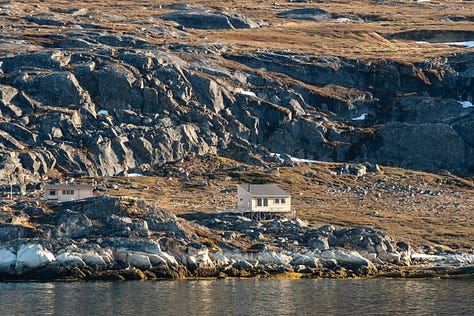
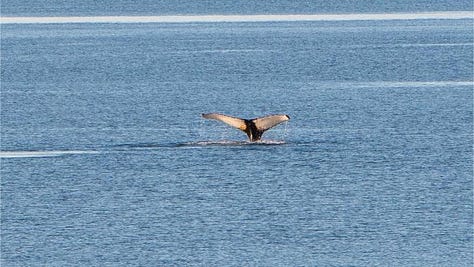

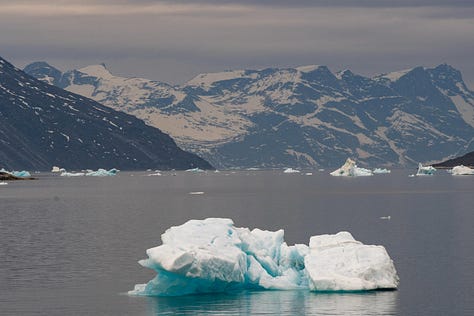
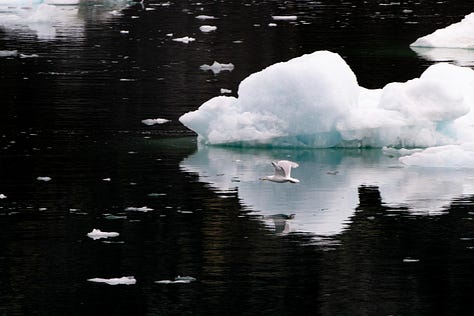


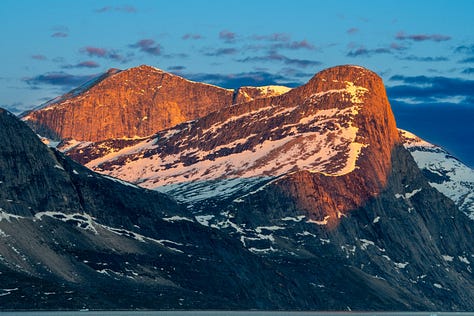
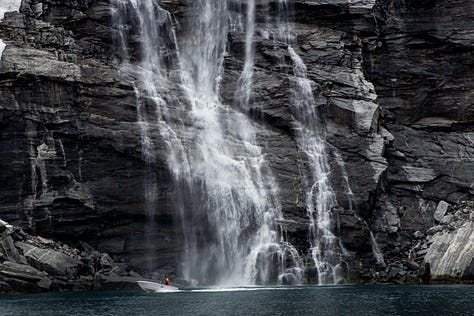






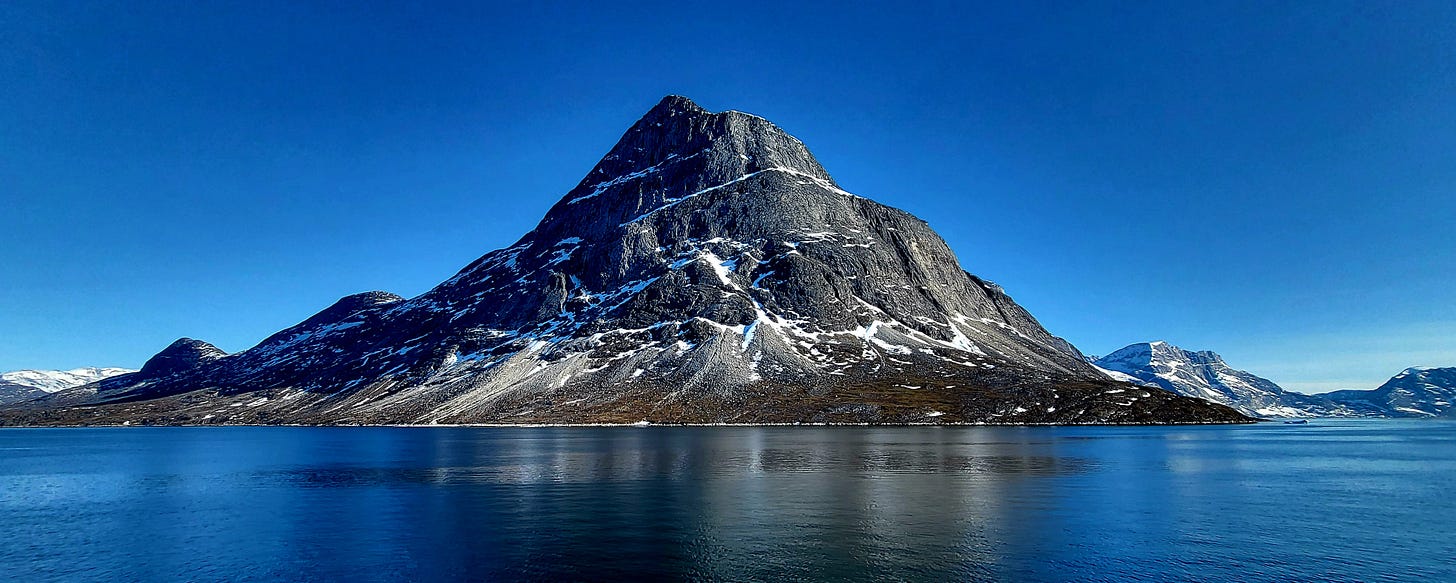
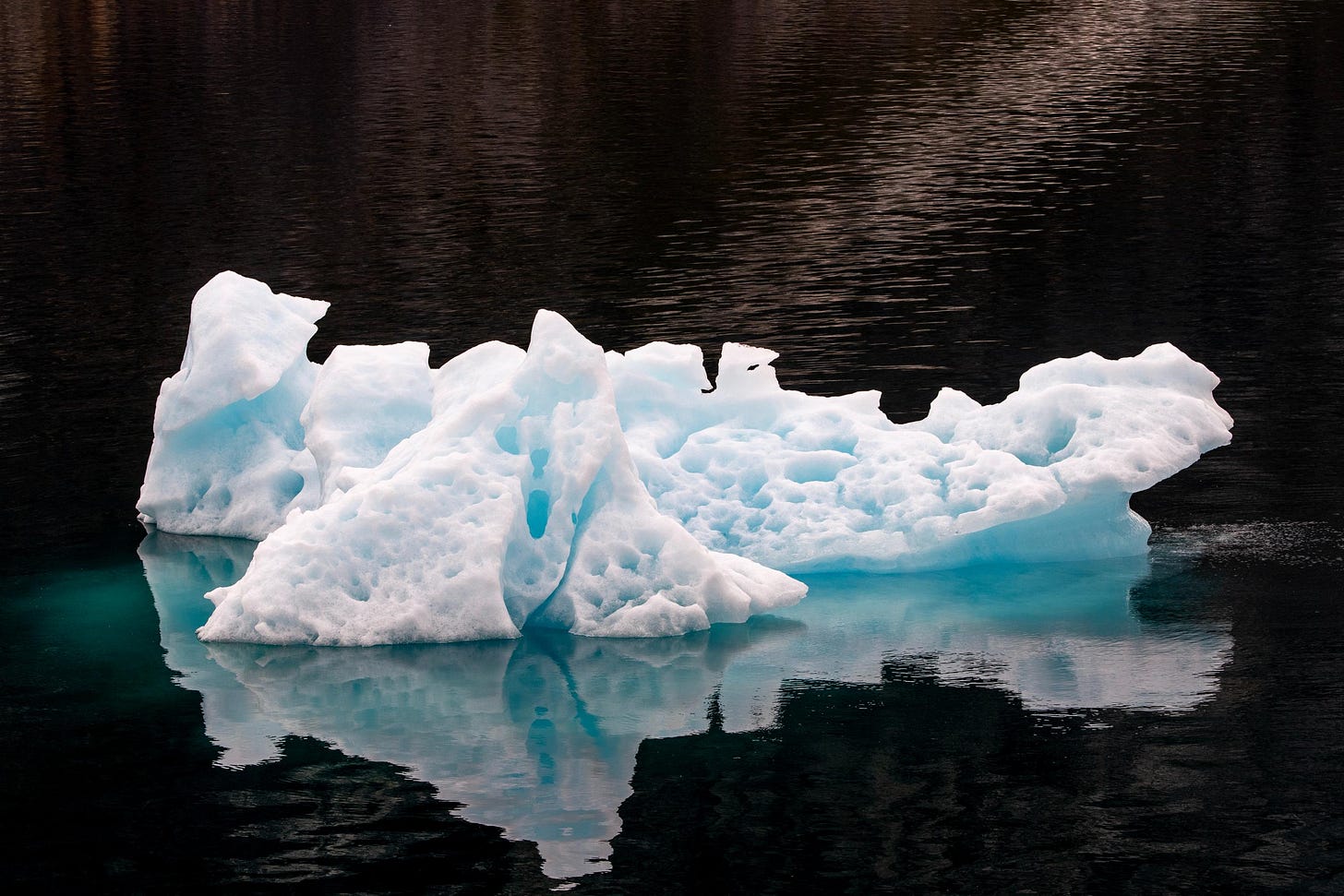


Flot artikel Anita, og fantastiske fotos!